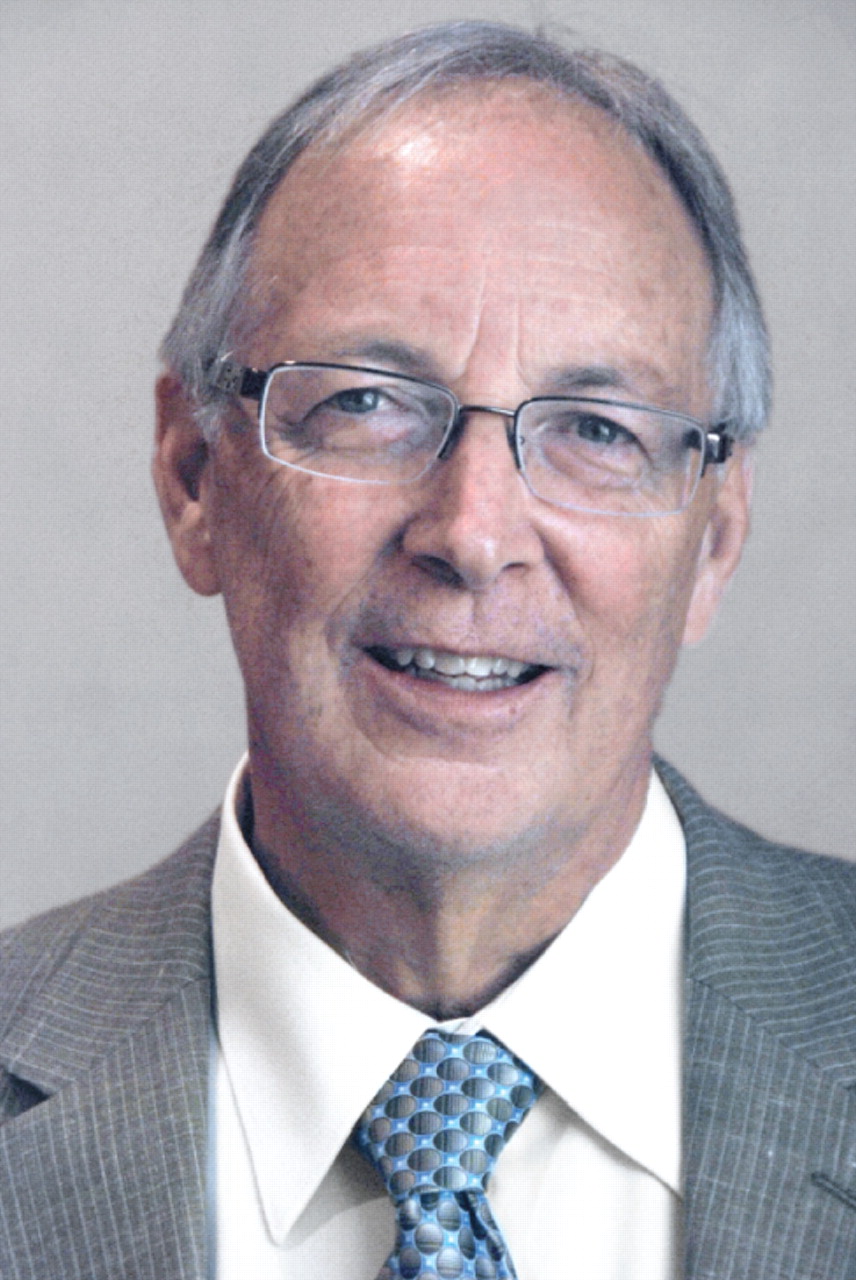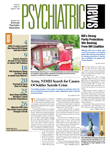“We must meet our patients where they are,” psychiatrist Joe Neidhardt, M.D., told listeners at a special session of the National Association for Rural Mental Health in Albuquerque in June.
He was not talking so much about geography of place as about a landscape of the mind, a landscape where mountains and valleys are sculpted by a community's shared history and traditions, values and beliefs, ethnicity and sometimes race, attitudes, rituals, and practices.
For Neidhardt, appreciating that cultural landscape can only improve his chances of helping his patients at the Santa Fe Indian Health Service Hospital in New Mexico.
Neidhardt doesn't reject Western, evidence-based medicine by any means, but he does take a nuanced view of it. He's grateful for the data and guidance it provides. He's also conscious of its limits. He has learned through experience that the application of science must rest inside the cultural context where his patients live.
The culture that most of Neidhardt's patients traverse is that of the Jicarilla Apache, San Felipe Pueblo, or Ramah Navajo in northwestern New Mexico. However, “culture” isn't a term that applies only to racial or ethnic minorities. Everyone grows up in some cultural context, he said in a follow-up interview.
“There are limits to evidence-based medicine,” he said, citing numerous examples. Effect sizes in trials may be statistically significant but not produce clinically important differences in practice settings. Patients recruited and retained in clinical trials are often very different from the people who walk through a clinician's office door. His patients in Santa Fe often don't look or think anything like the patients recruited for STAR*D, as far as he's been able to find.
“A study of bipolar disorder will exclude alcoholics, while a lot of our patients are heavy drinkers,” he said. “Or patients with substance abuse are excluded from studies of disorders other than substance abuse despite high addiction rates seen in clinical practice.” High dropout rates also make it hard to translate clinical trial results to everyday office practice.
“Too often, the 50 percent of subjects who drop out are the ones sitting in your office,” he said.
Adapting the benefits discovered through randomized, controlled trials means understanding a patient's background, too.
“I do evidence-based medicine, but I also do mental-, physical-, cultural-, and spiritual-based psychiatry,” he said. “Spiritual deprivation looks like depression so it's important to address all those issues in the first diagnostic interview.”
In addition to applying the logic, intuition, and empathy used in any psychiatric encounter, his work often requires an awareness of culturally determined states of consciousness, whether waking or dreaming, and an accommodation of phenomena dismissed as irrelevant or psychotic in Western culture and medicine.
He told the story of a patient who dreamed that her son would die after surgery. She called Neidhardt, who suggested that she discuss her fears with the surgeon and anesthesiologist, who could explain any risks involved with the procedure. When her son later succumbed to postoperative complications, the woman's belief in the veracity of her dreams was more than confirmed.
The lesson to Neidhardt is not that Western medicine must agree that dreams predict the future, but that psychiatrists must accept the fact that some of their patients do hold such beliefs, said Neidhardt.
“It's important to give credence to parapsychological experience in people who are part of cultures where those experiences are normal,” he said. “We would be short-sighted if we failed to accept this form of knowing and failed further by not supporting its use for our patients.” However, a clinician should not assume homogeneity beneath the blanket of“ culture,” he said. “Make it specific to where you live.”
For example, northern New Mexico has a Hispanic culture distinct from that of the southern part of the state, he noted. And among Navajos, some live on reservations, are fluent in Navajo, know little English, and prefer tribal medicine. Others may look like that cohort but may be devout Christians and disdain native medicine.
Such understanding carries over into the mechanics of patient management, too. Neidhardt's Navajo patients may extrapolate their expectations of his clinic from their experience in their own cultural system, he said.
“They go to the medicine man to be cured, so if they don't get full remission from a psychiatrist's treatment, they won't come back,” he said.
That doesn't rule out the tiered, multi-step approach found in general clinical practice, but it does mean that discussing treatment effects in advance requires an added layer of awareness by the clinician. A simple recitation of potential medication side effects to a Navajo patient may be interpreted as an intention to harm rather than a precaution.
In sum, Neidhardt advocates using a breadth of expertise, no matter what its origins. Medications have their place, but an added referral to a tribal healer may relieve a patient's distress.
“Develop your practice within your expertise and within the culture of your patient,” he said. ▪

